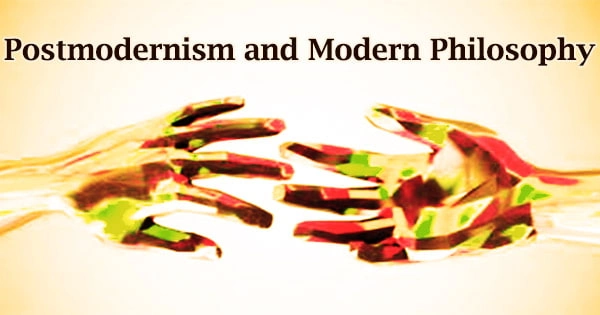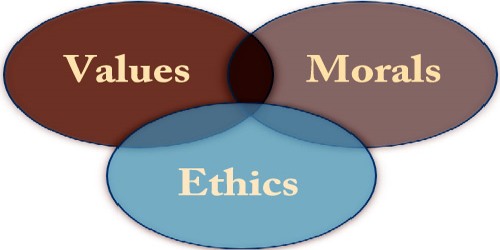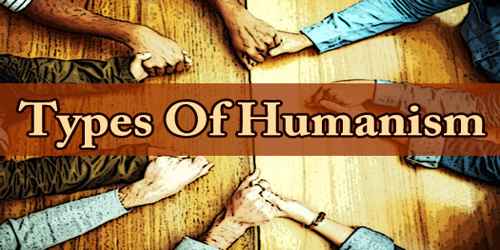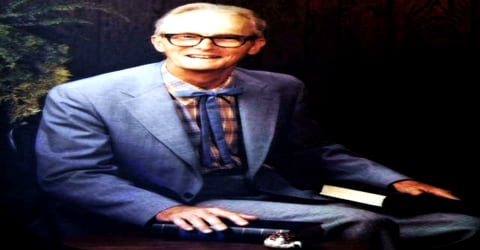The term “postmodernism,” also spelled “post-modernism,” was coined in architecture to describe a reactionary movement against the Modernist movement’s perceived blandness and hostility, as well as the pretensions of high Modernism, with its pursuit of ideal perfection, the harmony of form and function, and dismissal of frivolous ornamentation.
It is a philosophical movement that emerged in the second half of the twentieth century as a critical response to assumptions purportedly contained in modernist philosophical notions about culture, identity, history, and language formed during the Enlightenment in the 18th century. Postmodernism is essentially a reaction to the modern period’s intellectual assumptions and values in the history of Western philosophy (roughly, the 17th through the 19th century).
It came to be used in art, music, and literature (and, by extension, philosophy) to describe any pluralistic or reactionary style that is frequently more decorative than Modernism and isn’t hesitant to borrow from prior artistic traditions, sometimes in a fun or satirical manner. The relevance of power connections, personalization, and speech in the “creation” of reality and world views is questioned in postmodern philosophy.
Many of the theories connected with postmodernism can be reasonably described as the direct denial of basic philosophical viewpoints that were taken for given throughout the 18th-century Enlightenment, but they were not specific to that time period.
Metanarratives are rejected by postmodernists because they presume a definition of truth that metanarratives do not. Although it frequently includes tremendous complexity, contradiction, ambiguity, diversity, interconnectedness or inter-referentiality, and is typically defined by a resurgence of historic components and techniques, it lacks a clear central hierarchy or organizing principle.
Truth, postmodernist philosophers say, is always dependant on historical and social context rather than being absolute and universal, and truth is always incomplete and “at issue” rather than being entire and certain.
In philosophy, Post-Modernism was influenced extensively by Continental Philosophy movements such as Phenomenology, Structuralism, and Existentialism, and it is generally dubious of many of Analytic Philosophy’s values and foundations.
Modern philosophy and postmodernism are frequently at odds, but it’s crucial to note that postmodernists are not anti-philosophers, as many people believe. They do, in fact, have philosophical underpinnings. The most important of these viewpoints are the following:
- There is an objective natural reality, one whose existence and attributes are logically independent of human minds, societies, social behaviors, and investigation tools. This idea is dismissed by postmodernists as naive realism. According to postmodernists, any reality that exists is a conceptual creation, a product of scientific practice and language. This concept also applies to historians’ investigations of previous events and social scientists’ descriptions of social institutions, systems, or practices.
- Scientists and historians can make descriptive and explanatory assertions that are objectively accurate or untrue. The postmodern denial of this worldview, which is based on the rejection of an objective natural reality, is sometimes articulated as “there is no such thing as Truth.”
- Human beings are likely to alter themselves and their society for the better by using reason and logic, as well as the more specialized instruments supplied by science and technology. Future societies are likely to be more humanitarian, just, enlightened, and prosperous than they are now. This Enlightenment confidence in science and technology as agents of human development is denied by postmodernists. Indeed, many postmodernists believe that the quest of scientific and technological knowledge was misplaced (or unguided) during World War II, resulting in the development of technologies for mass death. Some even argue that science and technology, as well as reason and logic, are inherently destructive and oppressive since they have been exploited by evil individuals to destroy and oppress others, particularly throughout the twentieth century.
- Reason and logic are universally legitimate, meaning that its laws apply to all thinkers and all domains of knowledge. Reason and logic, too, are essentially conceptual creations for postmodernists, and thus only valid within the established intellectual traditions in which they are employed.
- Human nature is a collection of faculties, aptitudes, or inclinations that are present in some way in humans at birth rather than learnt or ingrained through societal influences. All, or nearly all, components of human mind, according to postmodernists, are fully socially conditioned.
- Language refers to and represents an external world. Language, according to postmodernists, is not a “reflection of nature,” as the Enlightenment concept was described by American pragmatist philosopher Richard Rorty. Postmodernists argue that language is semantically self-contained, or self-referential, as defined by the Swiss linguist Ferdinand de Saussure: a word’s meaning is not a static thing in the world or even an idea in the mind, but rather a set of contrasts and differences with the meanings of other words. Because meanings are functions of other meanings, which are functions of other meanings, and so on, they are never entirely “present” to the speaker or hearer, but are always “delayed.” Self-reference is a feature of not only natural languages, but also more specialized “discourses” of specific communities or traditions; these discourses are embedded in social practices and reflect the conceptual schemes, moral and intellectual values, and moral and intellectual values of the community or tradition in which they are used. The inventor and major practitioner of deconstruction, French philosopher and literary theorist Jacques Derrida (1930–2004), is largely responsible for the postmodern understanding of language and discourse.
- Human beings can gain knowledge about natural reality, which can be justified in the end by facts or principles that are, or can be, known instantaneously, instinctively, or otherwise with certainty. Postmodernists reject philosophical foundationalism, the attempt to identify a foundation of certainty on which to build the edifice of empirical (including scientific) knowledge, perhaps best exemplified by the 17th-century French philosopher René Descartes’ dictum cogito, ergo sum (“I think, therefore I am”).
- Within a specific domain of knowledge, it is possible to create broad theories that explain many elements of the natural or social world, such as a general theory of human history like dialectical materialism. Furthermore, constructing such ideas should be an aim of scientific and historical investigation, even though they will never be entirely attainable in practice. This idea is dismissed by postmodernists as a pipe dream, as well as symptomatic of an unhealthy tendency in Enlightenment discourses to adopt “totalizing” systems of thought (as French philosopher Emmanuel Lévinas put it) or grand “metanarratives” of human biological, historical, and social development (as French philosopher Jean-François Lyotard claimed). These theories are harmful not just because they are incorrect, but also because they effectively impose conformity on opposing viewpoints or discourses, suppressing, marginalizing, or silencing them. Derrida himself connected totalitarianism with the theoretical inclination toward wholeness.
The problem of the philosopher cleanly distinguishing knowledge from ignorance, social progress from reversion, dominance from submission, good from bad, and presence from absence is often emphasized in postmodern philosophy, emphasizing the problem of the philosopher cleanly distinguishing knowledge from ignorance, social progress from reversion, dominance from submission, good from bad, and presence from
It is often regarded as a willingness to accept meaning and authority from unexpected sources, with the ultimate source of authority being the discourse’s “play.” It’s a “pick-and-mix” approach, in which basic problems can be approached from a variety of theoretical perspectives.
Although certain critical theorists, such as Jurgen Habermas, have condemned postmodern philosophy, it has deep ties with the substantial literature of critical theory. Post-Modernism is a broad and non-specific movement that includes movements like Deconstructionism and Post-Structuralism.















